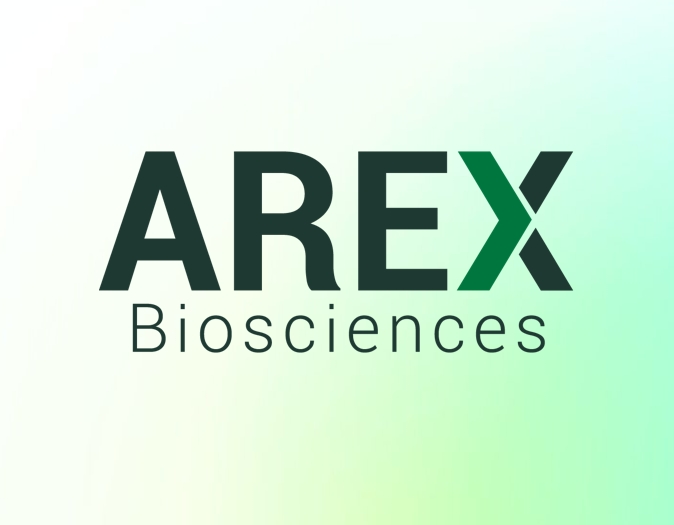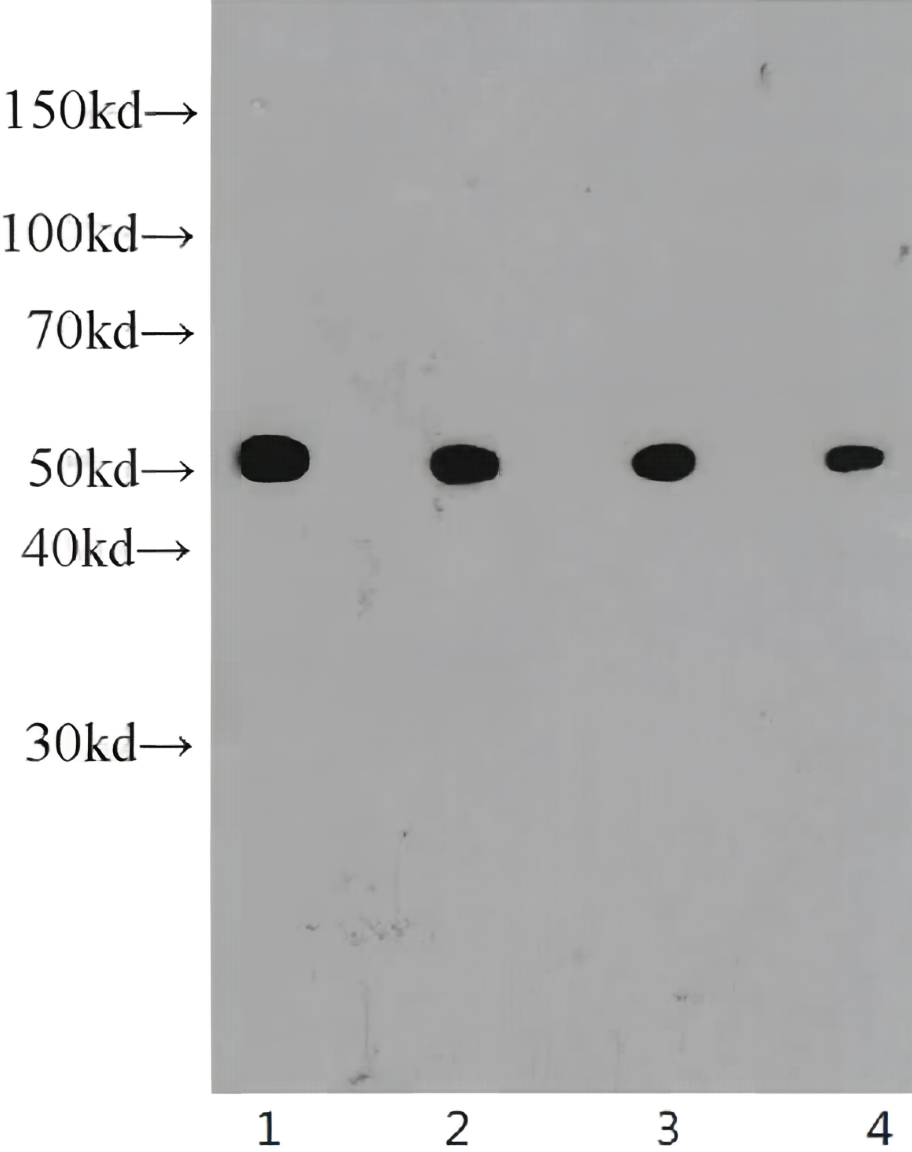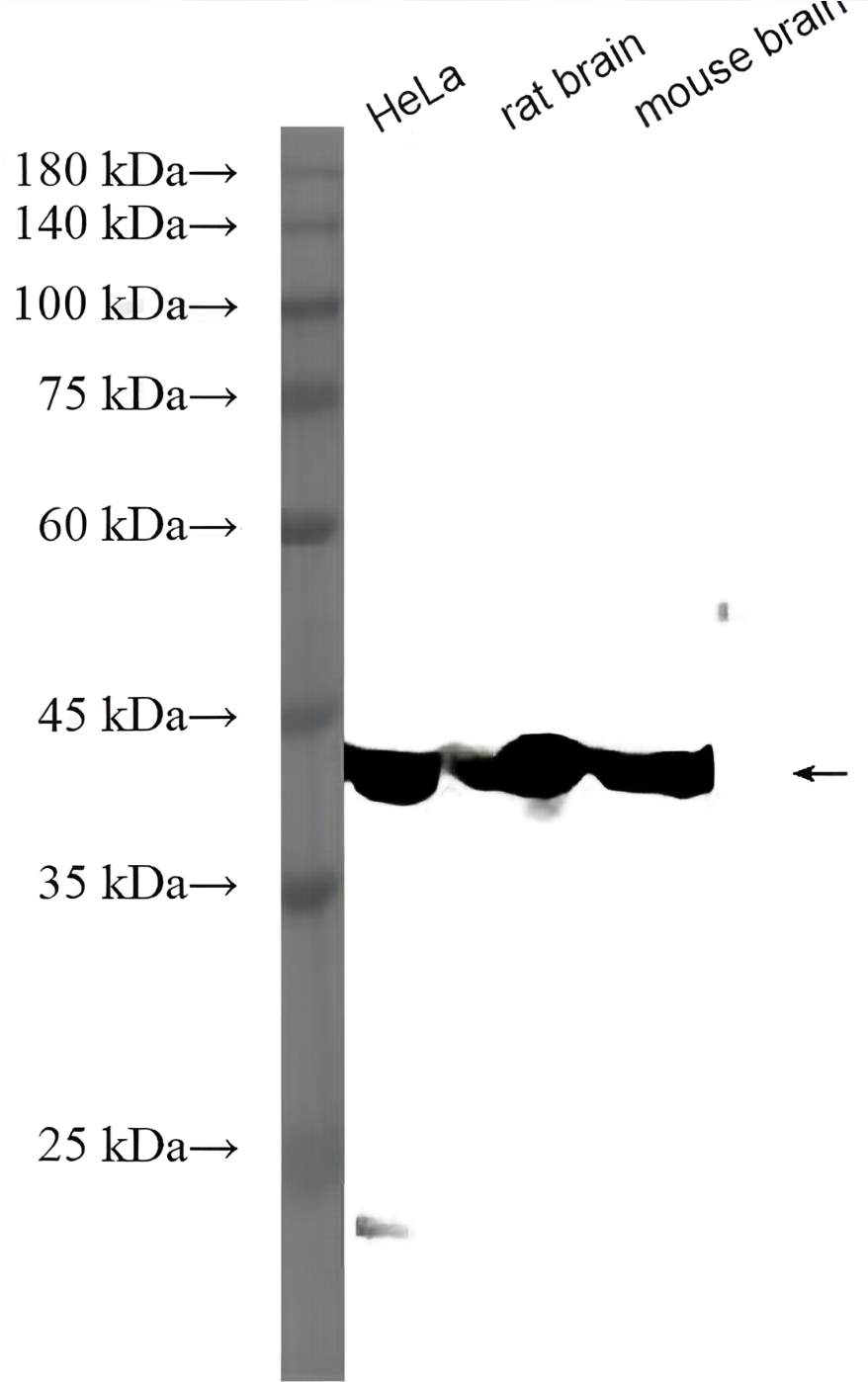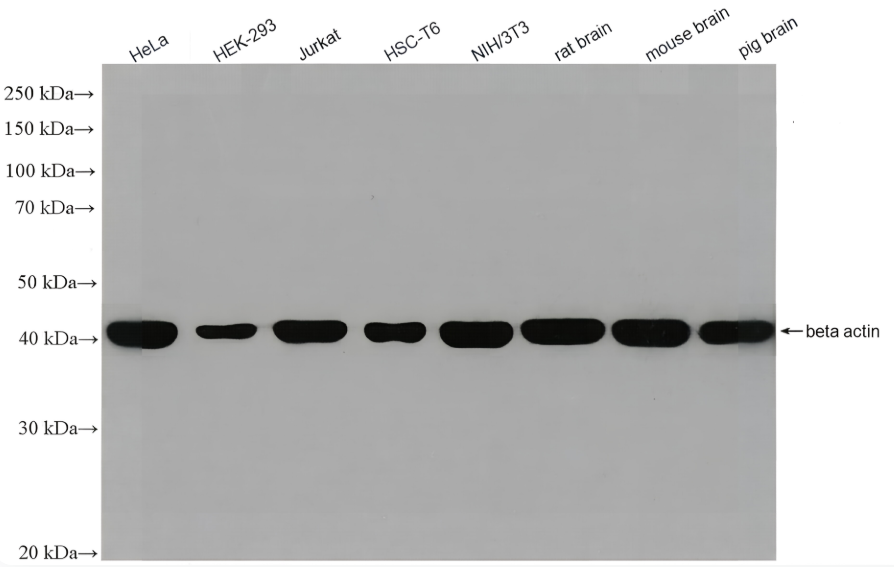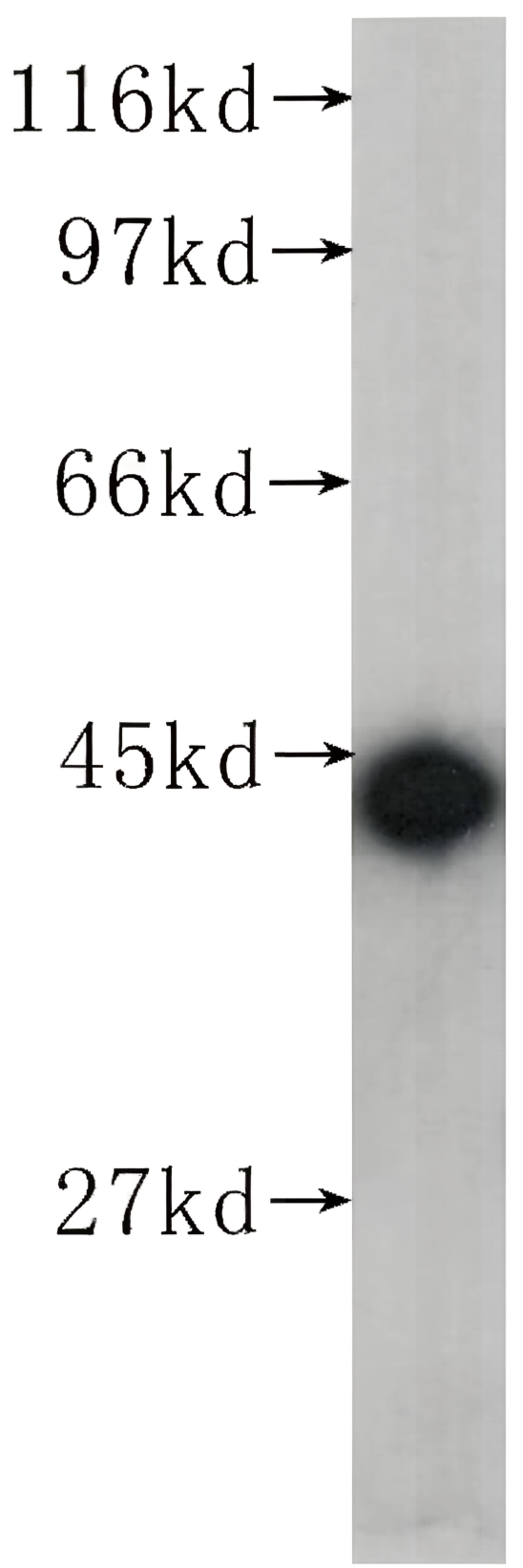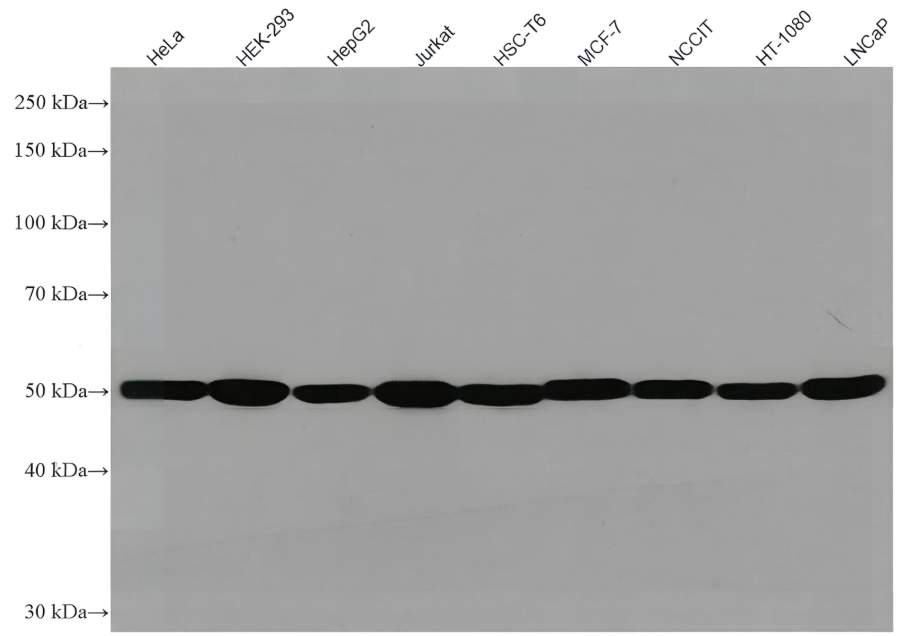Recombinant Human Macrophage Colony-stimulating Factor
CAT.NO. : ARP6719
RMB Please choose
RMB Please choose
Size:
Trail, Bulk size or Custom requests Please contact us
*产品价格可能会有所调整,请以品牌方官网实时更新的价格为准,以确保准确性。
Background
Macrophage Colony Stimulating Factor (M-CSF) , also named CSF-1, is a hematopoietic growth factor that is involved in the proliferation, differentiation, and survival of monocytes, macrophages, and bone marrow progenitor cells. It is produced by osteoblasts (as a result of endocrine stimulation by parathyroid hormone) exerts paracrine effects on osteoclasts and can interact with CSF1R. M-CSF is a four α-helical bundle cytokine and its active form is found extracellularly as a disulfide-linked homodimer. Four transcript variants encoding three different isoforms have been reported for M-CSF gene. Although forms may vary, all of them contain the N-terminal 150 a.a. portion that is necessary and sufficient for interaction with the receptor. The first 223 a.a. of mature human M-CSF shares 88%, 86%, 81% and 74% sequence identity with corresponding regions of dog, cow, mouse and rat M-CSF, respectively. Human M-CSF is active in the mouse, but mouse M-CSF is reported to be species-specific. Recombinant human M-CSF is a 36.8kDa homodimeric protein consisting of two 159 amino acid polypeptide subunits.
 New Products
New Products




